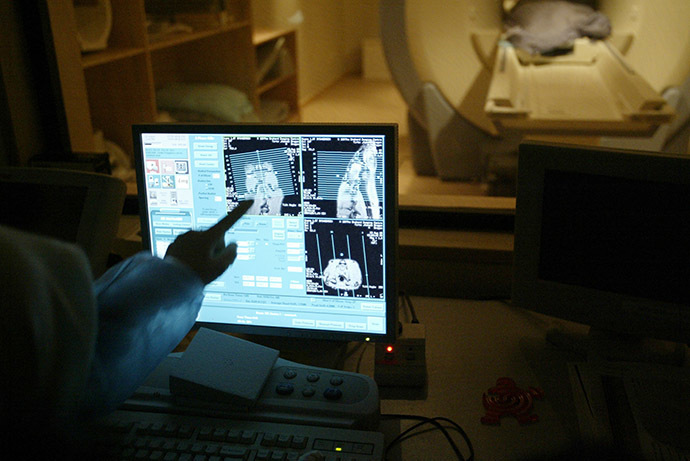Working in shift patterns has a damaging effect on the cognitive ability of workers, a study has shown.
The latest study by the Institute of Occupational and Environmental Medicine has shown that erratic working patterns lead to significantly reduced brain function, with a decade of antisocial shift work prematurely aging the brain by over six years.
Shift working has already been proven to be responsible for poor physical health, contributing to conditions such as cardiovascular disease, breast cancer and ulcers.
The team from the universities of Swansea and Toulouse studied 3,200 employed and retired workers over a period of 10 years.
Speaking to the BBC, Dr Philip Tucker, a member of the Swansea research team, said there was a “substantial” decrease in brain function.
He added: “It is likely that when [people on shifts are] trying to undertake complex cognitive tasks, they might make more mistakes and slip-ups, maybe one in 100 makes a mistake with a very large consequence, but it's hard to say how big a difference it would make in day-to-day life.”

Some of the greatest environmental catastrophes in history were caused by mistakes made on night shifts.
The Chernobyl disaster in 1986, which saw a reactor at the Soviet-era nuclear plant go into meltdown, caused a radioactive fire and the deaths of thousands of people from radiation-related illnesses. The disaster, which is one of only two events to be classified a Category 7 on the International Nuclear Event Scale, was caused by a mistake during a night shift.
Other catastrophes which occurred during night shifts include the Exxon Valdez oil spill in 1989, in which 750,000 barrels of oil were spilt off the coast of Alaska, and the Bhopal disaster, which exposed over 500,000 people to toxic gas, killing tens of thousands.
Dr Tucker, however, acknowledged that night shifts were a “necessary evil” that workplaces could not do without, but that he personally would not work shifts “if I could possibly help it.”
He believes that medical check-ups for those working antisocial shifts “should include cognitive performance tests to look for danger signs.”
The study, published in the British Medical Journal (BMJ), hopes the new findings will contribute to ongoing research into dementia. The disease disrupts sleeping patterns in a similar manner to shift work.
They further discovered that it takes over five years for a brain to return to regular function after working antisocial hours, a discovery they hope will lead to beneficial medical advances.
Dr Michael Hastings, from the UK Medical Research Council's Laboratory of Molecular Biology, told the BBC that the reversibility of damage from shift work was “really exciting.”
He added: “No-one else has shown it and no matter how compromised a person may be there's always hope of recovery.”
Dementia affects memory, speech and problem solving, and is usually found in the elderly. Dr Hastings said that the effects of dementia can be ameliorated by maintaining a steady sleep-wake cycle.

